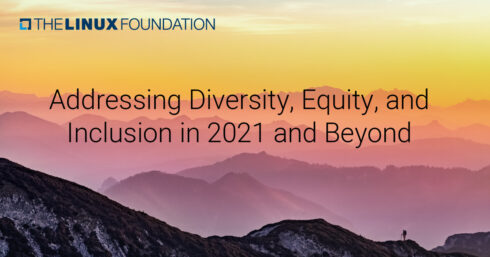
While 82% of respondents to a recent survey by the Linux Foundation stated that they feel welcome in the open-source community, the remaining 18% came primarily from disproportionately underrepresented groups including people with disabilities, transgender people, and racial and ethnic minorities in North America.
The study “Diversity, Equity, and Inclusion in Open Source” included the results of qualitative interviews and a worldwide survey with more than 7,000 initial responses from the open-source community.
Currently, diversity is still lacking in the open-source community by and large with 82% of respondents identifying as male, 74% identifying as heterosexual, and 71% between the ages of 25-54.
Time is a top determinant for open-source participation with time-related barriers to access and exposure in open source include discretionary and unpaid time, time for onboarding, networking, and professional development, as well as time zones.
Also, open source is still not commonly taught as part of university curricula with just 16% of students’ universities offering it as part of their curriculum.
“The open-source community is growing at an unprecedented pace and it’s imperative that we understand that growth in the context of diversity, equity and inclusion so that we can collectively implement best practices that result in inclusive communities,” said Hilary Carter, vice president of research at the Linux Foundation. “The Diversity, Equity, and Inclusion in Open Source study give us valuable insights that can lead to a more diverse global open source community.”






